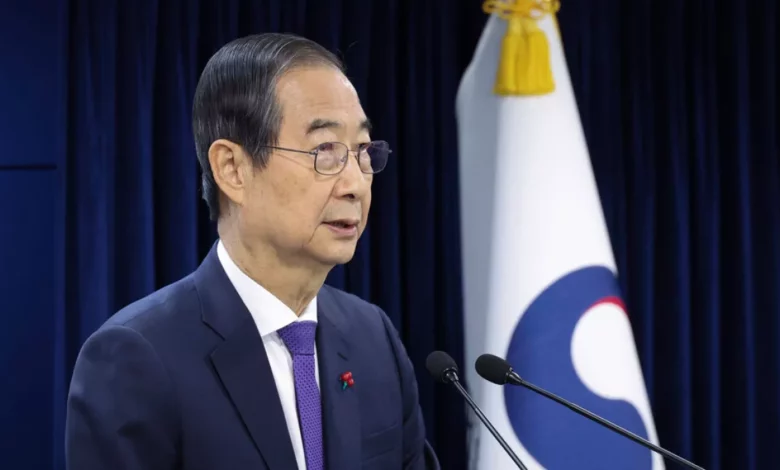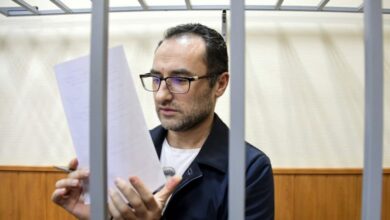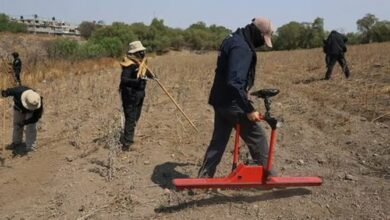
In a serious political drama, lawmakers in South Korea voted to impeach the country’s acting President, Han Duck-soo on Wednesday, December 27. Finance Minister Choi Sang-mok has since assumed duty as the country’s Acting President.
The outcome of the vote was announced by the Speaker of the National Assembly, Woo Won-shik and read: “I announce that Prime Minister Han Duck-soo’s impeachment motion has passed. Of 192 lawmakers who voted, 192 voted for the impeachment.” Han Duck-soo assumed the post of acting president earlier this month after President Yoon was impeached on December 3 over his controversial attempt to declare martial law.
The motion to impeach Han was filed by the main opposition Democratic Party one day before the vote, after he refused to appoint successors for three vacant positions in the Constitutional Court that oversees the impeachment trial of President Yoon.
Still, the impeachment removes Han’s presidential powers until the Constitutional Court delivers a verdict upholding or nullifying his case. The court is also considering Yoon’s prior impeachment.
Following the impeachment, Han said he would abide by the decision: “In order to avoid further chaos and uncertainty, I will suspend my duties in accordance with relevant laws.” He added that he would await the Constitutional Court’s verdict on the impeachment.
Before the vote, opposition leader Lee Jae-myung accused Han of “inciting insurrection,” reflecting the tensions surrounding the impeachment process. There had been significant uncertainty over how many votes would be needed to secure the impeachment right up until the voting began.
In a related development, the Constitutional Court began to sit on that same day and will then decide on restoring President Yoon to office or removing him from office for good. A decision can be reached in the long term up to 180 days.
Meanwhile, the South Korean prosecution authorities have started an investigation against Yoon on the charges of rebellion and abuse of authority on the pretext of his declaration of martial law. Already several top officials were arrested on charges of deployment of troops and police to the National Assembly: the country’s defense minister, police chief, and several senior military commanders.



